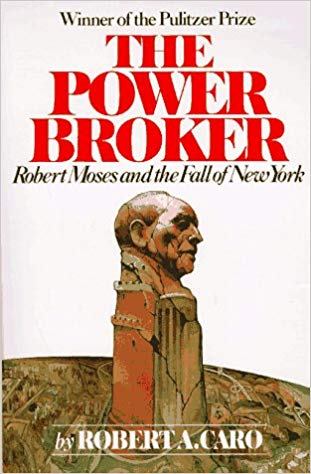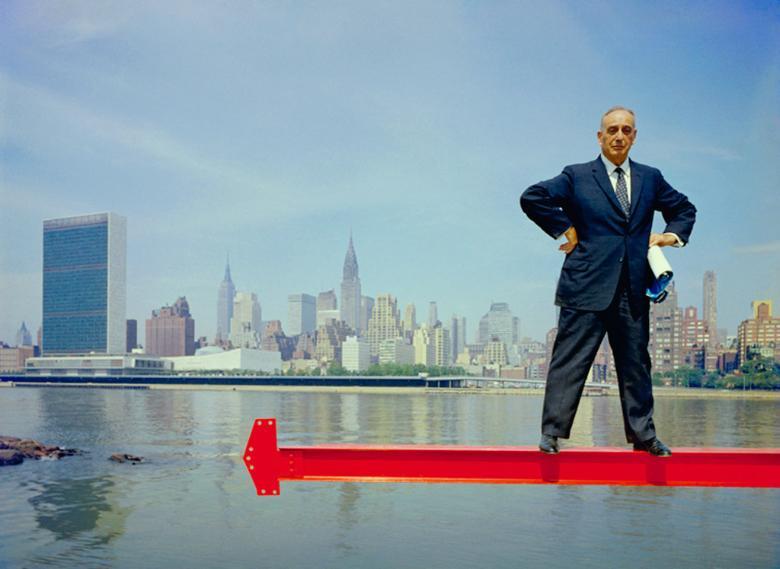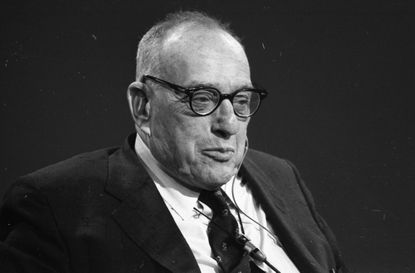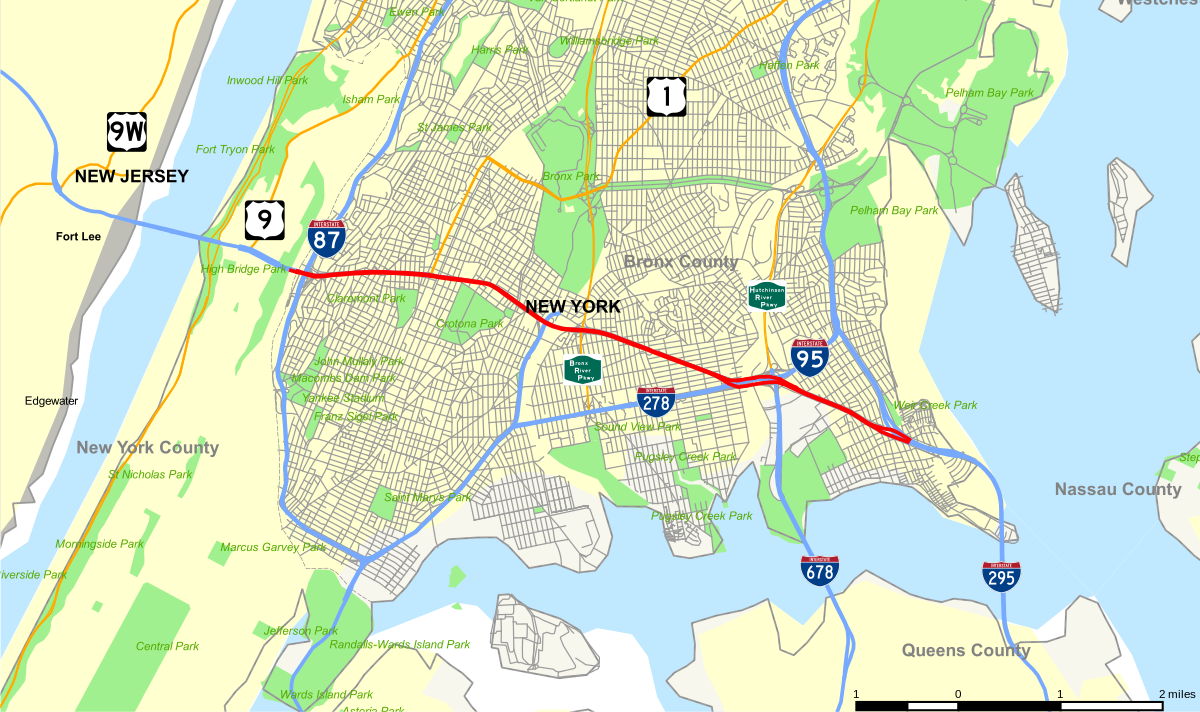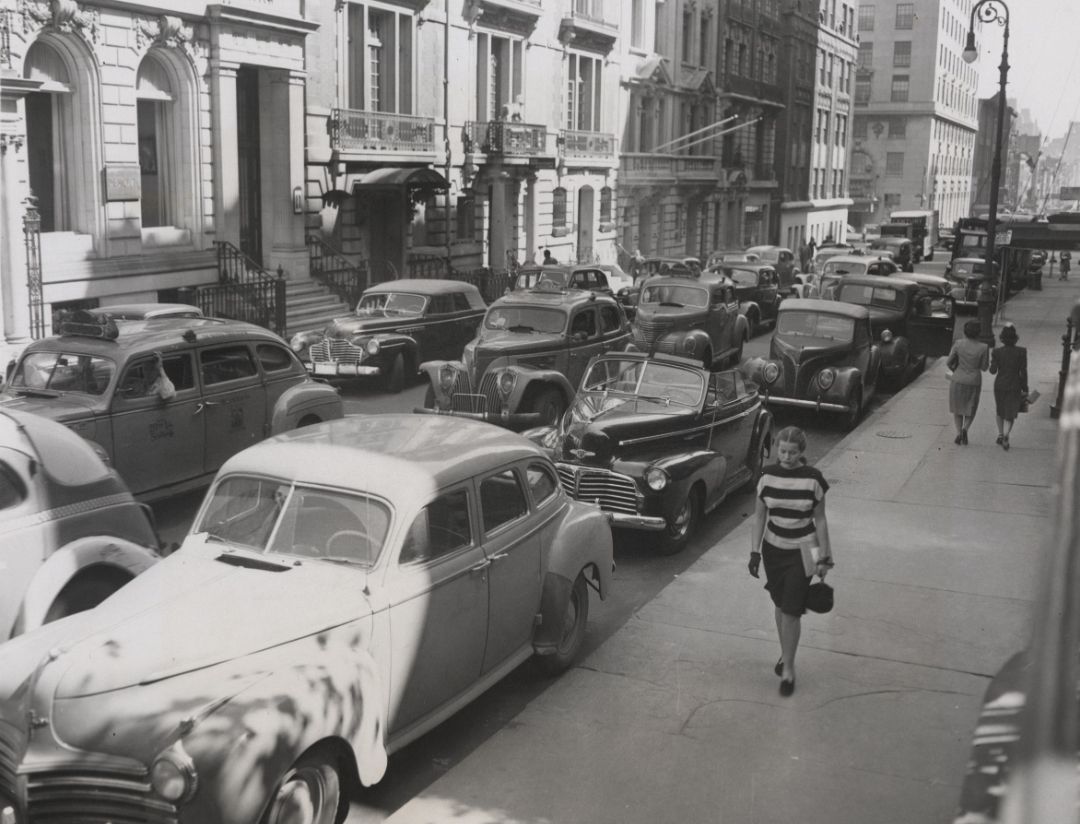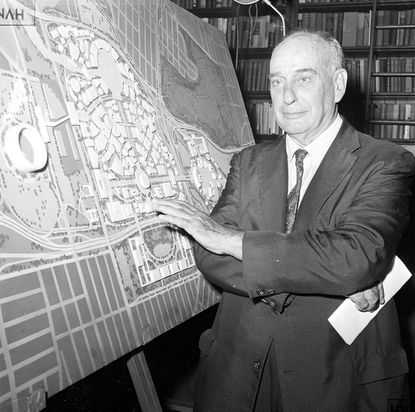Chapter 37 – One Mile
Robert Moses built six hundred and twenty-seven miles of roads in and around New York City. This is the story of one mile. It was part of the Cross Bronx Expressway and unlike most of Moses’s roads which carved straight lines through the city, it swerves and bulges. The key to why is in the apartment houses that are located in the route. By going straight on, the road would only have demolished a handful of apartments. By taking the route it eventually did, it destroyed a whole neighbourhood.
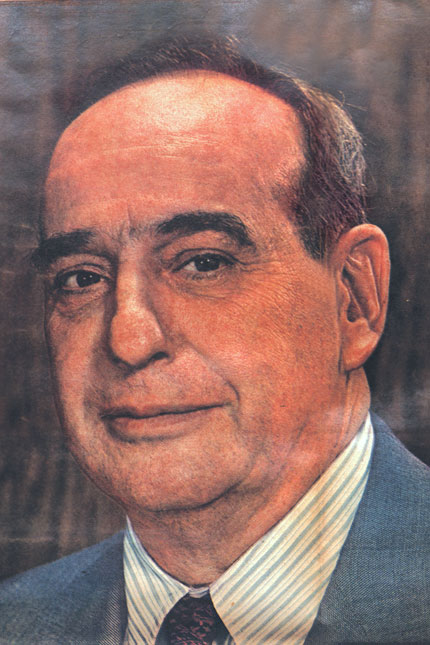
This was a poor area called East Tremont with a large, integrated immigrant community. There were few open spaces but there was a large popular park nearby, as well as the Bronx Zoo. There were bustling streets of shops full of small businesses. Many people worked in the garment industry. There were good schools with high standards. The apartments were old but roomy and the rent was low. There was a sense of community; of belonging.
Black and Hispanic residents started to appear after the war and by 1952 they represented ten per cent of the neighbourhood. They were also integrated with few problems. People with decent housing and low rents are more likely to adapt than move out.
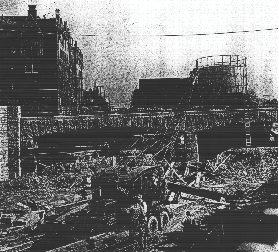
In December 1952, letters started to arrive at the apartments, signed by Robert Moses, telling the residents that their home was to be demolished to make way for a new highway and giving them ninety days to vacate. The result was panic. When the residents found out about rent rates in other parts of the city, local committees began to form. They visited other sites where the highway had driven through apartments and saw the chaos it left behind. The city housing department had done little in terms of relocation. This was to be the future of East Tremont.
There was still hope in the form of the mystique of Robert Moses. The committee was sure that they could persuade Moses to change the route. They hired one of Moses’s engineers to plan a new route. By running the expressway through the nearby park, many of the apartments would be saved. But neither Moses or any of his aides would consider a change.
The committee formed into the East Tremont Neighbours Association (ETNA) and appointed a local housewife, Lillian Edelstein, as their head. They tried their arguments with other members of the city authority. They received support from their congressman and city officials. The borough president approved of the new plan, but Moses angrily threatened to remove funds and resign. At the first board hearing, Moses’s plans were denied, partly due to pressure exerted by one hundred East Tremont housewives including Lillian Edelstein. However, in the following board meeting Moses got his way and his destructive plans were waved through. Edelstein needed ten thousand dollars to mount a legal challenge and she worked tirelessly to raise it. Engineers worked on detailed plans for an alternative route which were sent to the press, but the press were of little help.
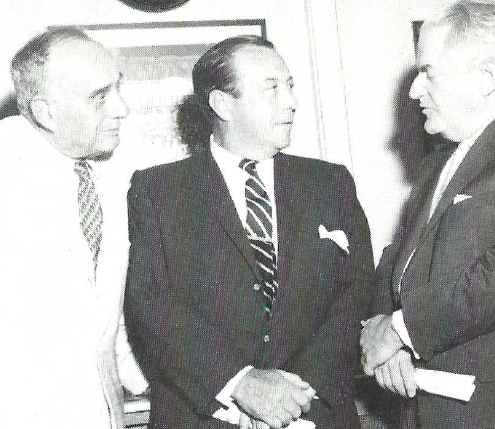
However, elections were due and the Association directly challenged the politicians. They had positive reactions from Mayor Wagner, who promised to vote for ETNA’s plan. After an intervention from Moses however, where he again threatened to withdraw funds, Wagner broke his promise. At the final board meeting, Moses assembled a group of his own engineers. The tenants had their own engineers and a reporter, who was ejected. ETNA walked out and in their absence Moses’s plans were approved.
So why didn’t Moses change the route? One story is that one of Moses’s connections had property in the area and the curve on the route was in order to avoid it. It could have been merely of whim. More likely, it was to avoid pulling down a bus terminal in which local politicians had an interest. Whatever the reason, once Moses had made a decision, any attempt to overturn it would be seen by Moses as a personal affront.
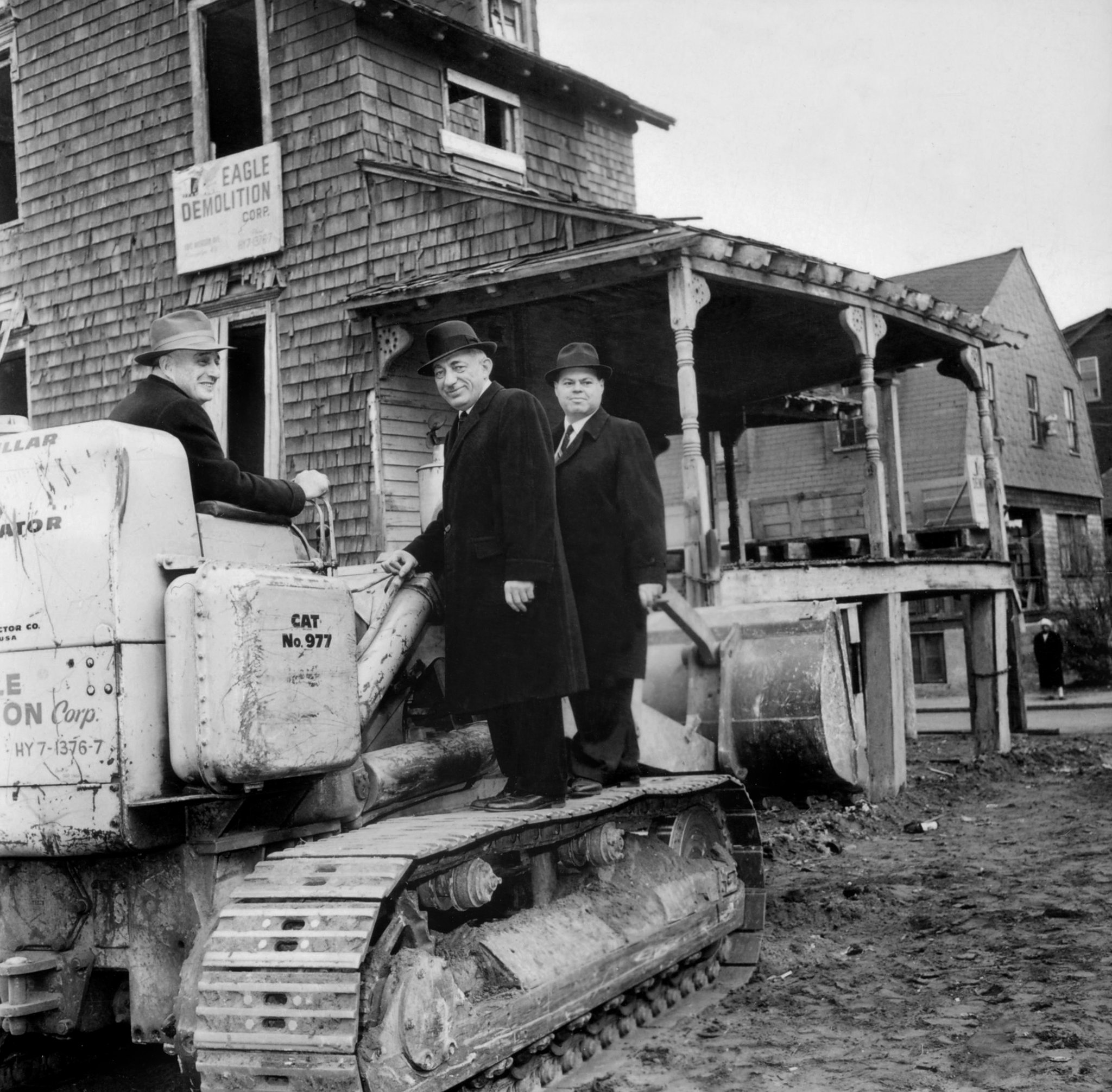
The final struggle for the residents was relocation. Despite promises from the Mayor, there was little or no provision for relocation and at best, residents were offered properties that were much smaller, much dirtier and much more expensive. Utilities were switched off at the condemned tenements. In mid-1953, the residents were sent letters giving them a month’s notice. By June, have the residents had left. Workers began tearing down the tenements while the remaining people were still living there. Vandals moved in and stripped the vacant properties. Fear would be the greatest relocator of all.
Analysis & Key Takeaways
- Eminent domain is a contractual weapon Robert Moses used to exact his vision….
- Wagner had a change of heart and the project goes forward as the community goes up against Moses contra the Cross-Bronx Expressway and there was no reason to go through the East Treamont, Robert Moses didn’t care about the small people; Moses’ slum clearance committee didn’t help him out;
- Robert Moses believes that if you build a park then you are on the side of angels. So of course the parks are the organic part of the project and the inorganic side was the infrastructure revenue generating tactic.
